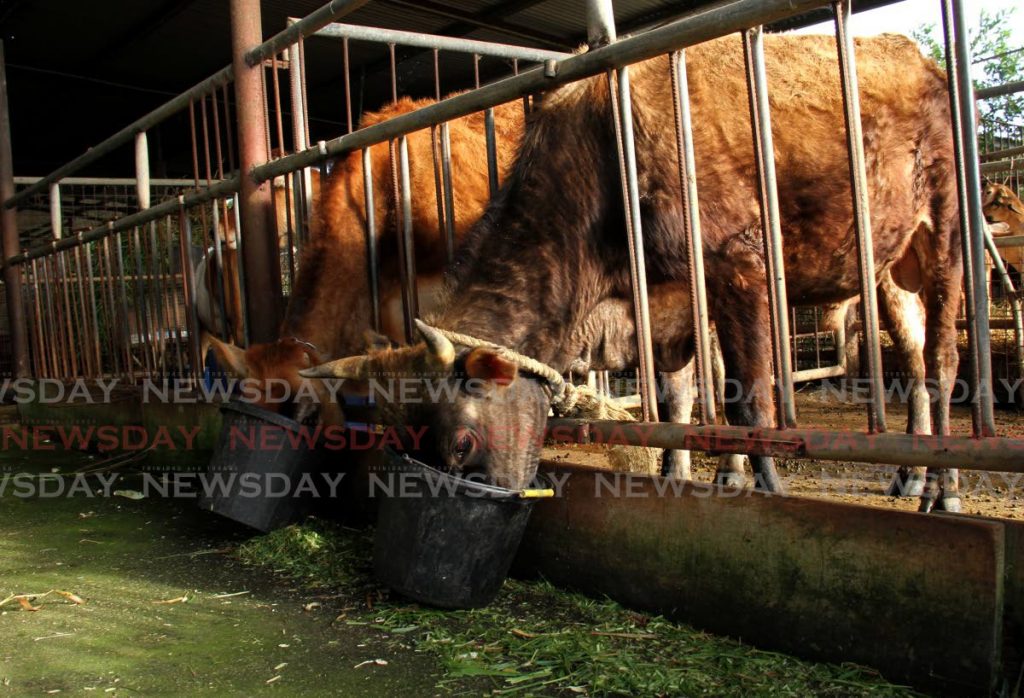Supermarkets brace for price increases on local animal products

As feed prices increase, the increased cost on livestock products will be passed on to consumers, Supermarkets Association president Rajiv Diptee said on Wednesday.
Diptee told Newsday that the food price increases will be based on the farmers and what they see adequate for their production.
He noted that the global market shifts in feed production warranted changes, but too often supermarkets have to accept what is handed down to them.
“The prices in both markets (local and international) are set to increase if it has not already due to lesser production capacities globally, as well as the increase in demand for grains from China.
“Due to the logistics of increasing import costs, these will invariably be tied to the base costs so, what will happen will be the eventual impact in the local market as new shipments arrive.”
Diptee said the association continued to monitor the situation – a stance the Ministry of Agriculture and the Ministry of Trade and Industry have also taken. He questioned the lean towards imports and claimed that consumption was skewed in that direction.
The real question for the nation, Diptee said, was are people consuming more local livestock or more foreign?
“Local livestock prices are usually higher than imported. Factors such as the increased prices in feed and other inputs such as chemicals and medicine will only exacerbate this to a point where it will inevitably be passed on to end consumers.
“Most supermarkets carry more imported livestock rather than local because it has a more attractive price point for the consumer in addition to the fact that it is easier to work with frozen meat rather than fresh meat.”
On Monday, private livestock feed supplier Mastermix raised its prices citing international increases in corn and soybean and as well as global demand-supply forces. State-owned National Flour Mills has not raised its prices but noted that it was monitoring the international trends. Attempts to contact Nutrimix, another private supplier, on its plans were unsuccessful.
There has since been lobbying by egg producers, sheep and goat farmers, cattle farmers and others for the suspension of the price increase until there are favourable market conditions for the farmers.
Diptee said the base ingredients of the feed supply are imported, and any hedges on grain prices increasing will only last as long as the local feedstock last before they need to be replenished.
He added that farmers, feed suppliers and governments would be better able to address the concerns of an increase as the association has often been overlooked and were seen as price-takers and not price-setters.
He said to mitigate against the impact of global trends diversification in the agriculture sector was urgently needed, as the pandemic, in spite of the challenges, also provided opportunities.
“There is an opportunity for agricultural stimulation and diversification to hedge against the increasing demands and fluctuations of decreasing supply in the global market. There is an opportunity for mitigation rather than a full dependency strategy.
“What we may have to consider is how does this exposure provide opportunities for local feed input production as well as organic livestock farming, where a healthier and higher quality of meat protein can be produced for the higher prices that we will all have to pay.”


Comments
"Supermarkets brace for price increases on local animal products"